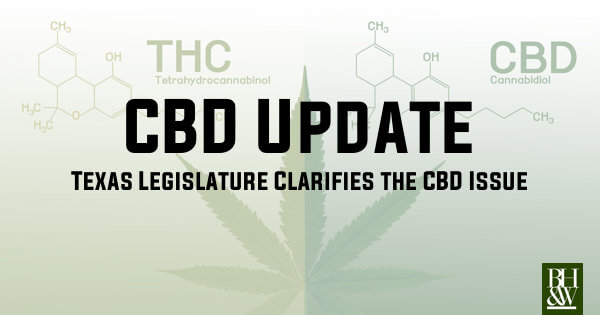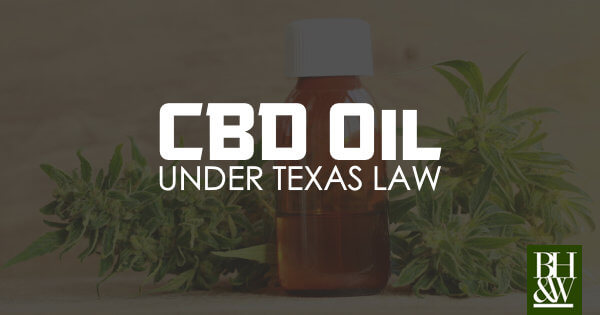What does it mean to use a “Fraudulent Prescription Form” in Texas?
 The State of Texas charged and convicted Billie Jean Avery of attempting to obtain a controlled substance “through use of a fraudulent prescription form.” The evidence presented at trial, however, revealed that the defendant actually used a legitimate prescription form, but that she forged some data on her prescription information in an attempt to obtain stronger pain pills.
The State of Texas charged and convicted Billie Jean Avery of attempting to obtain a controlled substance “through use of a fraudulent prescription form.” The evidence presented at trial, however, revealed that the defendant actually used a legitimate prescription form, but that she forged some data on her prescription information in an attempt to obtain stronger pain pills.
In her appeal to the 13th District Court of Appeals (Corpus Christie), Appellant argued that she could not be convicted of using a “fraudulent prescription form” when the prescription form she used was legitimate. The Court of Appeals agreed and acquitted her of the offense.
On discretionary review, the Texas Court of Criminal Appeals affirmed Court of Appeals’ affirmed judgment of acquittal. In a unanimous opinion, the CCA explained:
Just as tax information should be recorded on a tax form to create a competed tax return, so too prescription information should be recorded on a prescription form to create a completed prescription. The information that is written on the form is not the form itself…[W]e hold that “prescription form” refers to a pre-printed form designed to have prescription information written on it.
This was a case of a simple charging error by the District Attorney’s office, but it goes to show that attention to detail can win the day.










